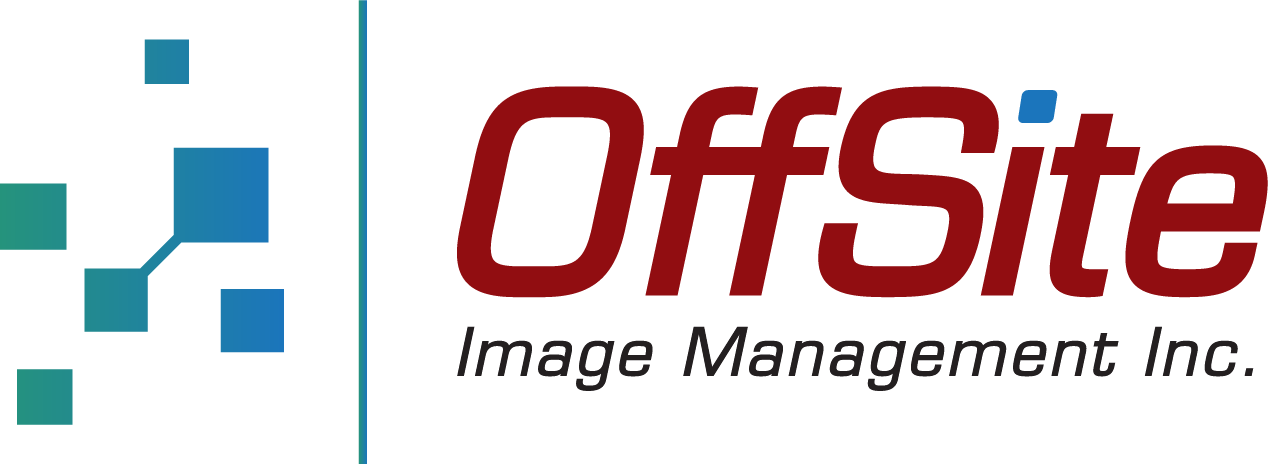 It’s imperative that patient information not be seen by unauthorized eyes. Hospitals have been fined millions of dollars for mismanaging information, either through a lost laptop or a stolen flash drive. There are risks around every corner, which is why healthcare professionals invest a lot of time and money in shoring up those risks.
It’s imperative that patient information not be seen by unauthorized eyes. Hospitals have been fined millions of dollars for mismanaging information, either through a lost laptop or a stolen flash drive. There are risks around every corner, which is why healthcare professionals invest a lot of time and money in shoring up those risks.
HIPAA makes keeping hospital data confidential one of the healthcare facilities’ top priorities. Threats come from outside and inside of the organization and the staff has to be prepared for anything. Malware is a problem that affects almost every computer user today, including those in large urban hospitals and small rural clinics. Healthcare facilities are always on the defensive when it comes to malware because it can be a serious threat to the security of hospital information.
Most compliance departments in hospitals enforce rules regarding easily accessible computers. If one is left operational and unattended there are usually consequences for the person responsible.. Healthcare facilities also go to great lengths to ensure that computers and the information on them are password protected and encrypted so prying eyes can’t discern any intelligible information.
Healthcare facilities across the nation are dealing with a problem related to escalation of privileges. When many people have access to hospital data, there is more risk that an unauthorized party will see the information. Most hospitals will have at least one person in charge of reading scripts that show them who accessed what medical record by the date and time and from which work station. This allows them to track who is gaining unauthorized access and address the problem accordingly.
Healthcare providers are constantly updating their security environments to protect against losing control of their information. But studies show that there are gaps, particularly in data security, where providers are more tuned in to reactive responses rather than proactive safeguards. In many cases, there were more people assigned to managing a security breach than preventing a security breach.
Surprisingly, surveys say that when hospital personnel are asked about the quality of their plans to keep patient information secure, about 90 percent say they are confident in their plan. However, security breaches are on the rise.
One aspect of data security that has to change is that in most hospitals, employees believe data security is solely in the hands of the IT department and compliance auditors. This way of thinking creates gaps that have a negative effect on policies and procedures and can lead to a problem with security breaches. Healthcare organizations that have the best success rates embrace security practices company-wide.
Radiology departments and rural hospitals count on OffSite Image Management, Inc., to protect their data while at the same time ensure that the right people always have access to the images they need. Authorized users of OffSite’s vendor neutral archiving system have multiple and alternative access channels through which they can make sure valuable information is available for those who need it and secure from unauthorized sources.
